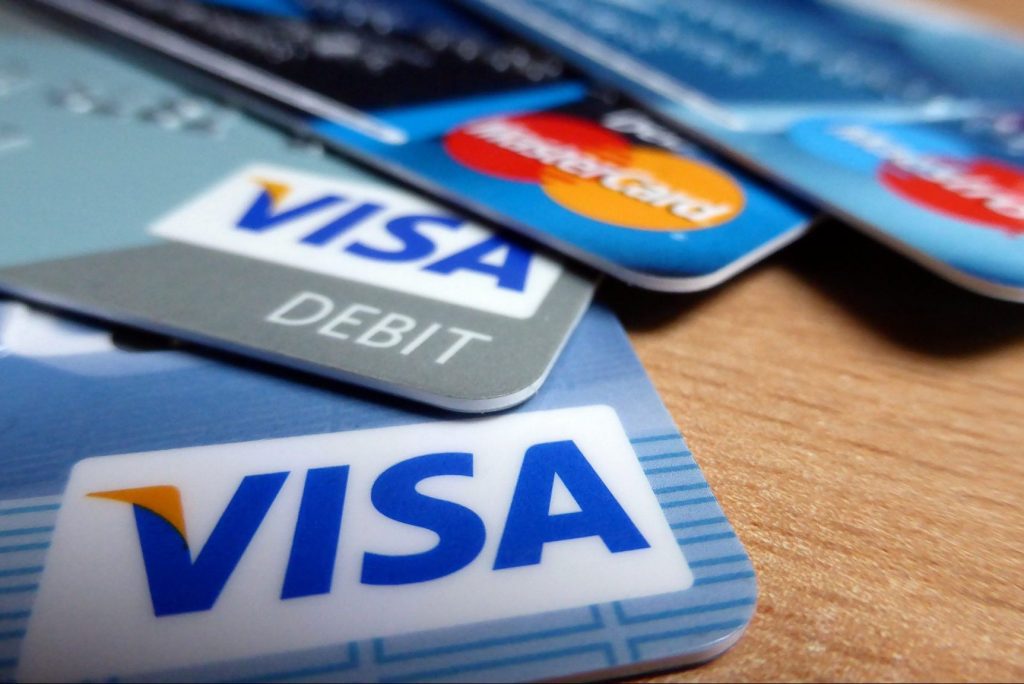The European Union Is Preparing to Get Tough on Data Protection

Skift Take
With privacy and data protection becoming bigger issues for consumers, it's not a surprise to see the European Union step up its regulation. Travel companies all over the world should be paying attention.
Few regulators have been as happy to take on corporate interests as the European Union in recent years.
What has been most remarkable is the willingness of European Commissioner for Competition Margrethe Vestager to tackle companies from across the Atlantic with the likes of Apple and Google all on the receiving end of heavy fines.
The EU’s inclination to act as the world’s corporate enforcer is likely to be expanded into the realms of privacy and data protection through a new law coming into effect early next year. Experts say that law could have big ramifications for the travel industry.
The new General Data Protection Regulation was approved in April 2016 and will become enforceable across the 28 member states on May 25, 2018.
“The basic principles of data protection law remain the same – the key ones perhaps being that people’s personal information should be treated fairly and securely; it should be kept up-to-date and accurat
